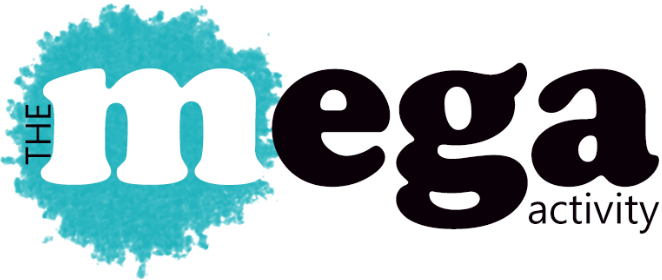Whether you’re exercising to build muscle mass, increase endurance, or shed extra pounds, you should work in the gym and after classes. A couple of hours of training is only half the success. Your lifestyle after class will be decisive in achieving the goal.
How long does it take to recover after a workout?
On average, recovery takes 72 hours. Accordingly, training in the gym more than 2-3 times a week does not make sense. It should be borne in mind that the time directly depends on the volume of the muscles. Muscle microtraumas characterize strength training, so rehabilitation after them requires more time.
The main phases of recovery in the period after training:
- Fast. Occurs in the first half hour after class. The body during this period especially needs minerals and glucose.
- Slow. Having eliminated the imbalance of nutrients and minerals, the process of restoration of cells and tissues that have received microtraumas begins. At this stage, protein synthesis is activated, so it must be supplied with the right amount of food.
- Supercompensation. The most important recovery phase occurs on the 3rd day after training. It will be most powerful after exhausting training with a lot of weight. The next lesson is attended during this phase.
- Delayed. The phase occurs if the body has not received the necessary load. Having missed even one training, the recovery process slows down significantly. Therefore, it is important to stay within the schedule of classes. Otherwise, the body, during this period, returns to the state that it was before training.
Basic Recovery Methods
When answering the question of how to recover after a workout in the gym, it is worth noting that the process can be active or passive.
- Passive. Rest from stress is recommended. Abstinence should be at least 2-3 days. This method is suitable for everyone, especially if signs of overtraining occur. The method is recommended to be used sparingly, as it complicates adaptation to new loads. As a result, there has yet to be progress.
- Active. It consists of a complex of active measures: cardio training after classes for 10 minutes, stretching, and massage.
- Proper nutrition plays an important role in both cases. The body, after exercise, must replenish the level of spent carbohydrates and proteins. This will make up for their loss. After training, it is recommended to drink whey protein to support muscles.
Tips for quick recovery after a workout at the gym
To get the most out of gym training, you must carefully consider recovery after training. By adhering to these eight principles, you can quickly achieve your goal.
- Reasonable loads. There must be a measure in everything. Loads should stimulate muscle growth, not destroy them, causing pain for several days. The priority should not be the speed of recovery but its productivity and quality. Train to do more repetitions than in the previous workout. Under such a regime, constant and lasting progress will be observed.
- Nutrition before training. Assimilation is a long process, so nutrition plays an important role before going to the gym. Choose your products wisely. They should contain high-quality protein and complex carbohydrates if you plan intense workouts. The last meal should be no later than 2 hours before training.
- Don’t ignore stretching. Stretching is responsible for the growth of muscle mass. Stretching is a great way to reduce muscle tension and relieve pain during recovery. She needs to devote at least a quarter of an hour after training.
- Protein after a workout. The body, after physical exertion, needs a portion of protein. It should be from 20 to 50 grams, depending on the weight and gender of the athlete. Whey protein is the most popular protein creatine gold standard supplement. It is enough to take 30 g of protein with fast carbohydrates to speed up recovery after training. It can be fruits or juices. They will increase the level of glycogen and insulin – a powerful anabolic that stimulates the recovery of muscle proteins and glycogen.
- Massage. Muscles need a massage before and after exercise. This significantly affects the quality of training and the recovery process. Before exercising, massage will warm up the muscles. Then, relax them.
- Quality sleep. Sleep disturbance stimulates an increase in the level of catabolic hormones and a decrease in anabolic ones, which, as a result, causes a deterioration in protein synthesis and a slowdown in the recovery process.
- Light cardio workout after training in the gym. At the end of the power load, be sure to pay attention to a calm cardio workout. Its duration is individual for each athlete. To do this, you need to find out the heart rate indicators specifically for you. At the end of the workout, you need to measure the pressure and pulse. You must perform 2 minutes of calm cardio for every ten beats above normal. That is, if your heart rate after training is 135 beats per minute, at a rate of 65, then training should be given at least 14 minutes.
- Inclusion in the diet of foods rich in potassium. At the end of an intense workout, the body will be deficient in potassium. Along with other nutrients, it is one of the main minerals in forming muscle energy. Sources of potassium are potatoes and bananas.
- After training, we go to the shower and continue to follow the above recommendations for active recovery. After 2-3 days, you can return to the gym to continue training.




